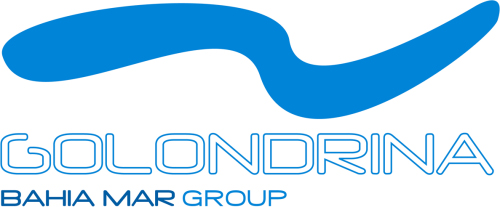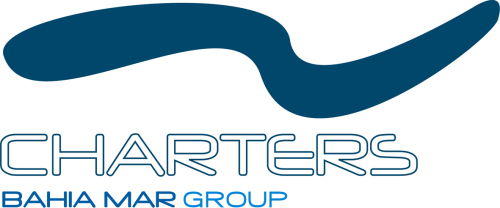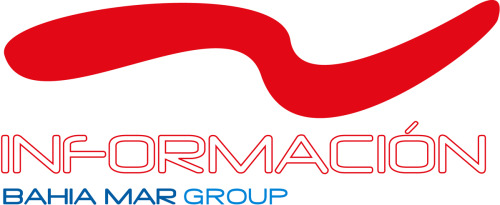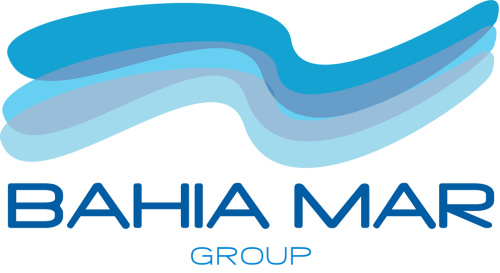Bahía Mar Group els ofereix diverses formes de poder gaudir de la Badia dels Alfacs; des del lloguer
d'embarcacions d'esbarjo amb o sense titulació, fins un iot de 12 passatgers per poder gaudir del mar.
No
obstant, també disposem de dues golondrines que realitzen les rutes per la Badia visitant els paratges més
emblemàtics com els Vivers de musclos, Salines de la Trinitat, Punta de la Banya; o bé apropar-los al nostre
restaurant "El Xiringuito la Costa", l'únic del Mediterrani que es troba encorat dintre del mar i a l'entorn
del Parc Natural del Delta de l'Ebre.
Divisions de BahiaMar Group
 | | Avui dia una plataforma de fusta ancorada en un metre d'aigua, on els mesos d'estiu podem desfruitar del paisatge del Parc Natural al mateix temps que ens delecten amb un meravellós menjar elaborat amb productes típics de la zona i on destaquen les diverses varietats d'arròs, peix, marisc... |
|
 | | Durant tot l'any els oferim la possibilitat de descobrir la Badia dels Alfacs, un lloc emblemàtic dins del Delta de l'Ebre. Les sortides d'aquestes excursions es realitzen al Moll de Creuers marítims i recreatius al Port de Sant Carles de la Ràpita, junt al Pavelló Firal.
|
|
 | | Com a novetat incorporem al grup la possibilitat de llogar un iot de fins a 12 passatjers amb tripulació i poder realitzar la trebesía que vosté desitji i també disfrutar de la practica d'esports i activitats marienes. |
|
 | |
Pots trobar el nostre punt d'informació al Centre Comercial les Gavines, a la primera linea de mar de Sant Carles de la Ràpita. Entre el Club Nàutic i ell moll pesquer.
Vine i t'informarem de qualsevol dubte que tinguis dels nostres serveis, a més a més, també podràs conseguir els autèntics productes "BahiaMar Group" i "Xiringuito de la Costa".
|
|
 | |
Si tens una embarcació i vols que ens encarreguem de tot el referent a ella, per a que sempre la tinguis a punt per a gaudir-la, posa't en contacte amb nosaltres, la nostra divisió de manteniment es precisament el que estas buscant.
Manteniments de cascs, interiors, motors i tot tipus d'altres serveis, informa't ja i comença a gaudir-ne d'immediat.
|





